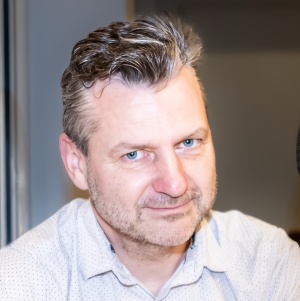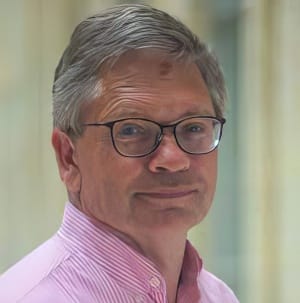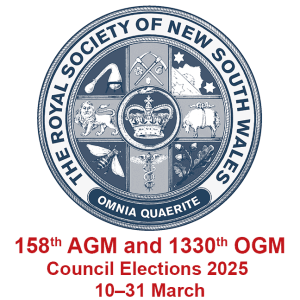“Distributed small-scale production of chemicals – why and how”
Professor Brian Haynes
Wednesday 7 September 2011 at 6.30 pm
Seminar Room 102, New Law Building, University of Sydney
In the last two decades tens of thousands of jobs have been lost from the Australian chemical manufacturing sector. As Professor Brian Haynes of the School of Chemical and Biomolecular Engineering at the University of Sydney explained, there are a number of reasons for this. In Australia, feed-stocks often are in remote locations, the nation is geographically remote from large global markets, Australian industry has traditionally had a low R&D expenditure, and the domestic market often does not justify investment in world-scale manufacturing capacity. Nonetheless, sales of chemicals and pharmaceuticals in Australia amount to tens of billions of dollars per annum and contribute significantly to Australia’s balance of trade deficit. Professor Haynes’ group at the University of Sydney has been working on technologies that might change this situation dramatically.
One of the important reasons that chemical plants are so big is that the relative capital cost per unit of production drops substantially as plant capacity increases. Historically, large plant capacity has been achieved by designing and building very large production equipment. This solves the capacity/cost problem but introduces other major costs and inefficiencies. In particular it is much more difficult to control chemical reactions in large reactors (so impurities and by-products are produced and have to be dealt with) and, often, energy efficiency is compromised. An alternative being explored by Professor Haynes’ group is to used advanced reactor design technologies to make relatively small and highly efficient manufacturing processes that are scalable simply by adding more of them rather than by building very large production equipment. This approach enables production capacity to be located near feed-stocks or customers, capital costs are much lower, the process has much reduced environmental impact, is safer to operate and is more energy efficient.
This “process intensification” approach to chemical reactor design uses technology that is analogous to that used in printed circuits. By etching or engraving small channels in plates of stainless steel (or other alloys) and stacking and then fusing the plates, pipework, heat exchangers and reaction vessels can be formed. Because of their very small size, control of reaction kinetics, heat transfer and mass transfer can be very precisely controlled.
One way of achieving this is to design a series of small reactors known as “multiple adiabatic beds” laid out with heat exchangers between each bed. This enables maximisation of the heat generated during a reaction and gives very high energy efficiency. One important industrial process where this approach is being used is in “methane-steam reforming” in which methane and steam are reacted first to form carbon monoxide and hydrogen, and then the carbon monoxide being further reacted with steam to form carbon dioxide and hydrogen. For every mole of methane used, four moles of hydrogen are produced. Large processes currently use steam to reform natural gas (which has contains a high proportion of methane), producing large quantities of hydrogen for industrial use. In large-scale industrial processes, there is a great deal of heat wasted but using the process intensification approach, much greater energy efficiency is achieved. The group at Sydney University has demonstrated this process on a pilot unit which is both scalable and, unlike large industrial processes can be started in a matter of a couple of hours.
There are number of other important processes that are used on very large scales to make industrial chemicals where this technology can be employed. These can be ideal for relatively small industrial economies like Australia and other markets remote from large-scale plants.








